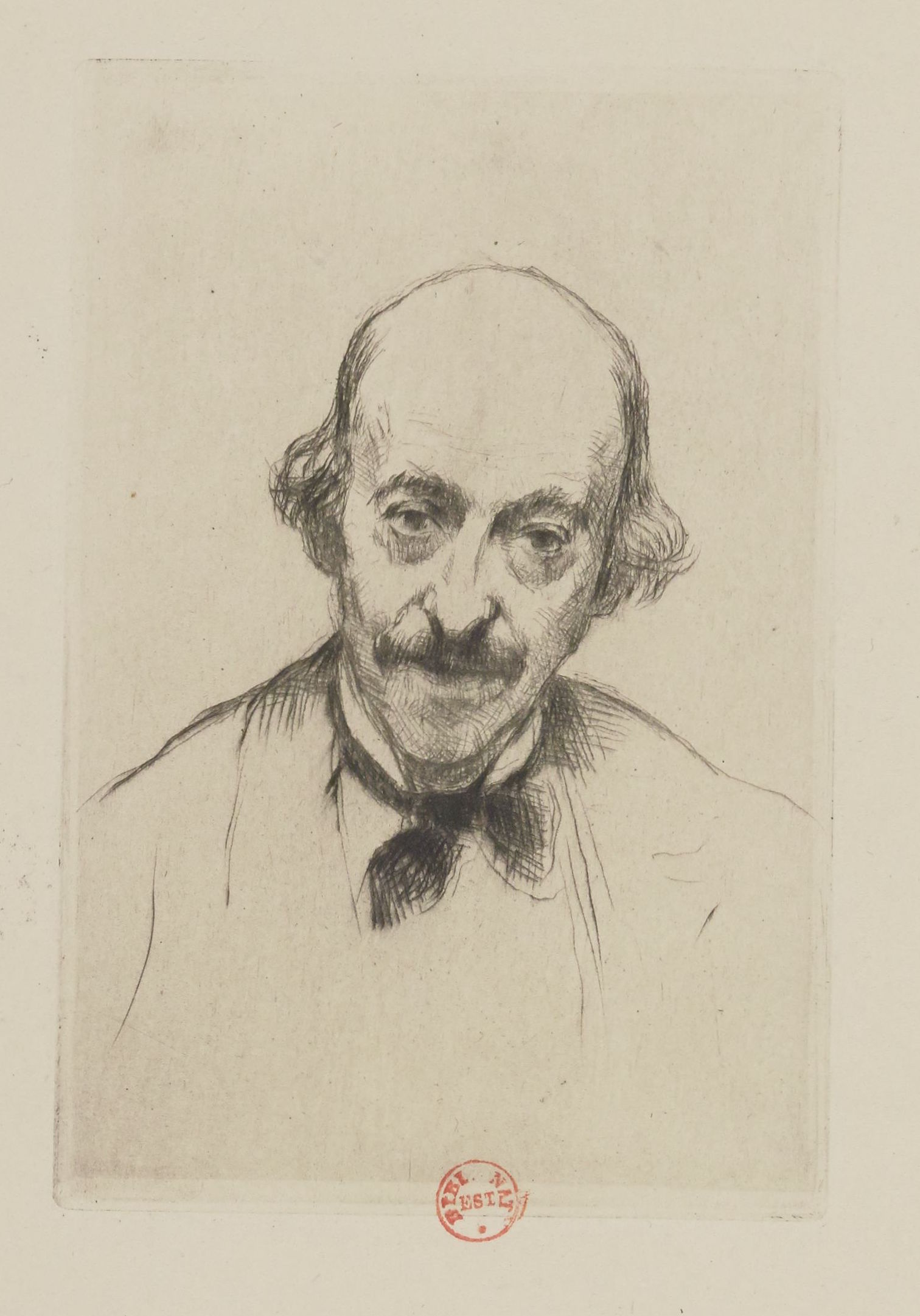Henry Cohen (numismatist) on:
[Wikipedia]
[Google]
[Amazon]
 Henri Cohen (21 April 1806 – 17 May 1880) was a French music theorist, composer, and numismatist of Dutch birth.
Henri Cohen (21 April 1806 – 17 May 1880) was a French music theorist, composer, and numismatist of Dutch birth.
available online here
an
here
* ''Guide de l'amateur de livres à vignettes du XVIII-e siècle'' (Paris, 1870; reprints: 1873, 1877, 1880)
 Henri Cohen (21 April 1806 – 17 May 1880) was a French music theorist, composer, and numismatist of Dutch birth.
Henri Cohen (21 April 1806 – 17 May 1880) was a French music theorist, composer, and numismatist of Dutch birth.
Career
Born in Amsterdam, Cohen moved with his family to Paris at a young age. He studied there with Anton Reicha (music theory and composition),François Lays
François Lay, better known under the stage name Lays (14 February 1758 – 30 March 1831), was a French baritone and tenor opera singer. Originally destined for a career in the church, Lays was recruited by the Paris Opéra in 1779. He soon ...
(singing), and Felice Pellegrini Felice is a name that can be used as both a given name, masculine or feminine, and a surname. It is a common name in Italian, where it is equivalent to Felix. Notable people with the name include:
Given name Arts and literature Film and theater
*Fe ...
(singing).
In 1832–34 and 1838–39 he was active as an opera composer in Naples, with some of his works premiering under the name "Carlo Coen". In 1841 his opera ''Antonio Foscarini'' premiered successfully at the Teatro Comunale di Bologna, prompting a revival the following year at the Teatro Regio di Torino. He was thereafter active as music teacher in Paris, including teaching at the Conservatoire de Paris, and was for a time director of the conservatory in Lille.
Cohen's opera "l'Impératrice", was performed around 1834 in Naples, Paris, and London.. Moreover, he published four tracts about musical theory. On his advice as singing tutor, Marguerite Baux
Marguerite Baux (1856-?) was a French operatic soprano who performed at the Paris Opera in the 1870s after making her début in February 1876 as Rachel in Fromental Halévy's ''La Juive''. She went on to perform in various provincial opera houses ...
made her début in February 1876 as Rachel in ''La Juive
''La Juive'' () (''The Jewess'') is a grand opera in five acts by Fromental Halévy to an original French libretto by Eugène Scribe; it was first performed at the Opéra, Paris, on 23 February 1835.
Composition history
''La Juive'' was one of t ...
'', although initially she had been expected to sing Marguerite in Gounod's '' Faust''.
Cohen died in Bry-sur-Marne.
Numismatics
Cohen published several works on numismatics during his lifetime. His ''Guide de l'amateur des livres à vignettes du XVIII Siècle'' went through four editions and is considered the standard bibliography of French 18th century illustrated books. He is perhaps best known for his two fundamental works on ancient numismatics: the first, published in 1854, dealt with the Roman Republican coinage, while the second, issued in eight volumes from 1859 to 1868, focused on the coinage of the Roman Empire, from Pompey to Romulus Augustus (49 B.C. - 476). Cohen was also curator of the numismatics collection at theBibliothèque nationale de France
The Bibliothèque nationale de France (, 'National Library of France'; BnF) is the national library of France, located in Paris on two main sites known respectively as ''Richelieu'' and ''François-Mitterrand''. It is the national repository ...
in Paris.
Selected works
* ''Faust and Marguerite'', opera, Paris 1846''Opera News'', vol. 18, p. 6 (1953). * ''Description générale de monnaies de la république romaine'' (Paris, 1854) * ''Guide de l'acheteur de médailles romaines et byzantines'' (Paris, 1876) * ''Description historique des Monnaies frappées sous l'Empire romain, communément appelées Médailles impériales'', 8 vols (Paris, 1859–1868) ** 2nd edition (1880–1890)available online here
an
here
* ''Guide de l'amateur de livres à vignettes du XVIII-e siècle'' (Paris, 1870; reprints: 1873, 1877, 1880)
References
1806 births 1880 deaths 19th-century classical composers 19th-century French composers 19th-century French male musicians French bibliographers French curators French male classical composers French male composers French male non-fiction writers French music educators French numismatists French opera composers Male opera composers {{france-composer-stub